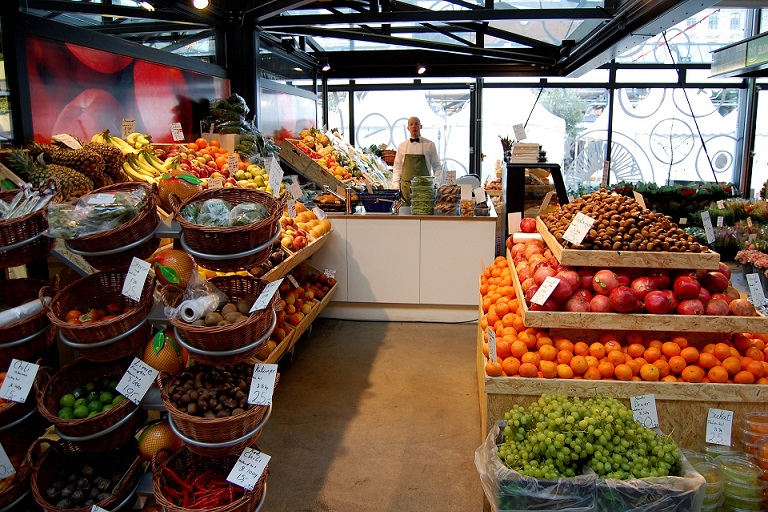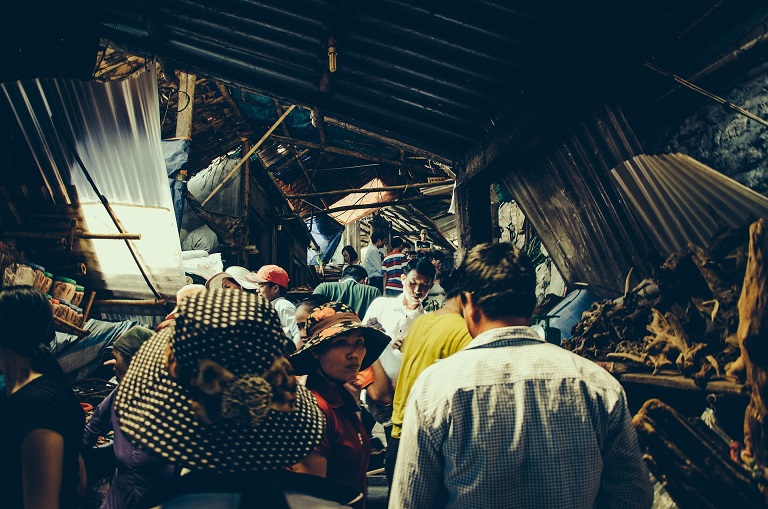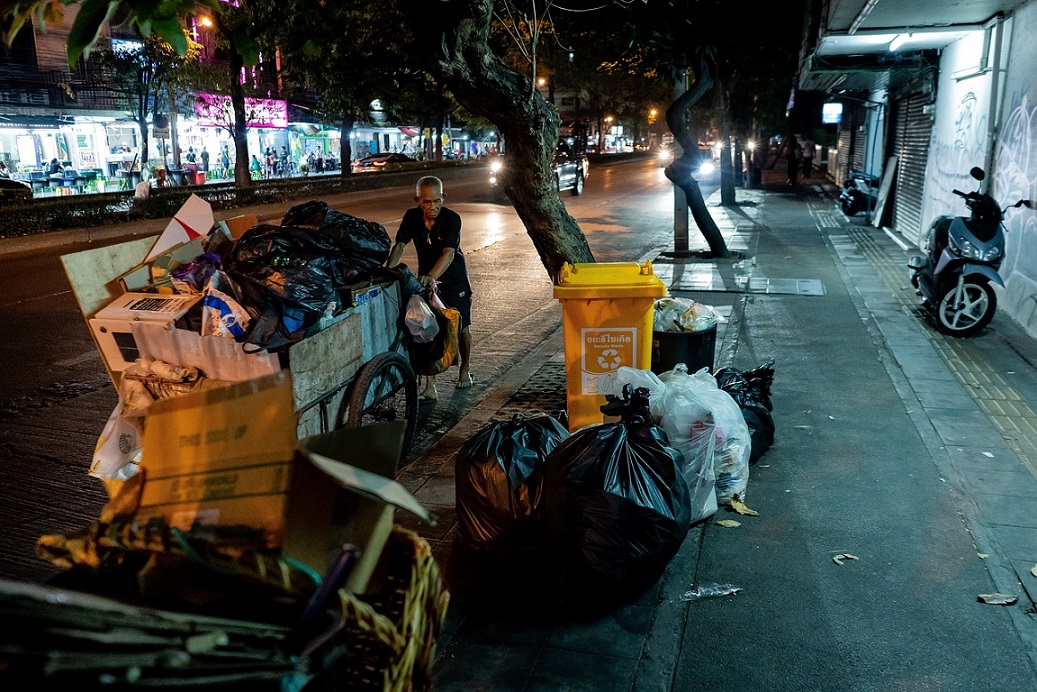An anti-consumerist lifestyle, involving limited participation in the conventional economy, minimal consumption and optimal use of resources. Despite its peculiarity, freeganism serves as a warning to humanity that the situation must change if we are to provide basic resources for all.
 Roberto F. Campos
Roberto F. Campos
Both the practice and the term emerged in the 1990s in Europe and in developed nations that rejected food waste.
Now the press and specialised websites are analysing the new social, economic and commercial phenomenon.
One freegan strategy is to avoid unnecessary consumption, while another is to collect food that has been thrown away or discarded because it is close to or past its expiry date. These activities take place mainly at night around restaurants and supermarkets, where it is possible to find food that is safe and in good condition to prepare meals or to share at public gatherings.
In some cases, freegans act out of necessity (read extreme poverty) rather than conviction, and even consume food that is in poor condition and/or in sub-standard hygienic conditions.
 The word freegan is a contraction of free and vegan. This movement began in the mid‑1990s, alongside the anti-globalisation and environmental movements.
The word freegan is a contraction of free and vegan. This movement began in the mid‑1990s, alongside the anti-globalisation and environmental movements.
The American Adam Weissman is the person responsible for popularising the freegan movement, as well as managing the website reporting on the phenomenon.
He notes that the freeganism movement arose as a response to contemporary Western culture, waste and industrialisation. The movement then gained significance in big cities like London or New York, where groups of people gather to find food and other things that they can use. New York is home to one of the largest freegan organisations, and it is estimated that there are almost 3 million freegans worldwide, organised in 3,800 communities.
Weissman says that freeganism provides access to everything you could need – there is always usable waste because Western culture is constantly pushing us to acquire newer, shinier things.
Many supermarkets, food shops and restaurants throw away food in good condition as the expiry date approaches, or because the packing is damaged or aesthetically altered.
 By taking food out of the rubbish, freegans avoid contributing to the regimes that their ideology opposes: spending too much money on products that, in one way or another, damage the environment, ignore animal rights, encourage urban sprawl and, in some respects, do not respect workers’ rights.
By taking food out of the rubbish, freegans avoid contributing to the regimes that their ideology opposes: spending too much money on products that, in one way or another, damage the environment, ignore animal rights, encourage urban sprawl and, in some respects, do not respect workers’ rights.
They also argue that collecting food prevents it from ending up in landfill.
Often, scavenging is not limited to food. Many freegans also look for items that can be reused or recycled, or in some cases even sold at neighbourhood fairs, and/or through buying and selling houses, or on digital trading sites.
The main reason that freeganism is associated with veganism is the limited access to foods such as red and white meat, as well as the use of animal-based textiles and cosmetics.
 Many freegans state that they would eat animal foods if they could freely access them.
Many freegans state that they would eat animal foods if they could freely access them.
Not all freegans are vegans and some people who practise food collection do consume discarded animal products, arguing that they would otherwise go to waste and that animals must not be slaughtered in vain. PL
(Translated by Rebecca Ndhlovu) – Photos: Pixabay












.jpg)












